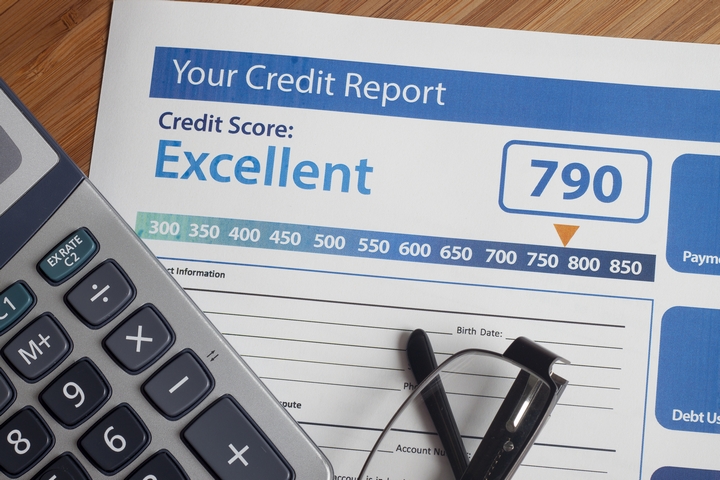
We all know that maintaining a decent credit score involves paying your credit card bills on time, but there are many other factors that could contribute to a poor credit rating. The score ranges from 300 to 850. To achieve a solid rating, you will need to score a number higher than 650. A poor credit rating will typically fall below 620. To keep your credit rating at a good level, look out for the following factors that could potentially harm your rating:
1. Avoiding a credit balance

The higher your credit utilization ratio (that is, the amount of your credit balance that you are using to your total credit balance), the worse off your credit is. Ideally, your credit utilization ratio should rest below 30%. Keeping your balance low and consulting with a professional debt relief service are the best ways to facilitate a low credit rating.
2. Wracking up too much debt and causing a “Charge-Off”

It’s clear that having a high credit debt will start to have an adverse effect on your credit rating, but did you know that too much could actually put your card account into what’s called a “charge off”. This means that the cardholder has accumulated too much debt and the card can no longer be used. The debt on the card, however, must still be paid off.
3. Holding a high credit balance

Because a high credit balance means that there will be more debt to pay off, a cardholder with a high balance can find their score going down. Likewise, it is also possible to have your score affected by having a high credit limit since it allows you to accumulate more debt – but this does not have to be the case. Maintaining a lower balance (and possibly a lower credit limit) will help improve your credit score.
4. Downgrading your credit with transferred balance

When you downgrade your credit card with a provider and transfer the balance over, it will have a negative impact on your credit score. This impact can be very short term as it will decrease the average account age, though the score should increase again after maintaining regular credit payments.
5. Ignoring alternative dues and fees

There are many other dues and fees you have to consider when thinking about your credit score. People do not often consider their library dues to be a mitigating factor with their score. The truth is, the library can report excessive past-due amounts that have gone on for years. If the fee is less than $100, you should be able to call the library and have everything set straight after paying the amount. Likewise, unpaid parking tickets can take its toll on your credit rating since the city can report them to the credit bureau. That is yet another reason why all parking tickets should be paid off as soon as possible.
All of these factors can impact your credit rating if you are not careful. Finally, many people believe that a single late payment will not hurt their credit, but that is actually far from the truth. All it takes is one late payment for the score to dip.